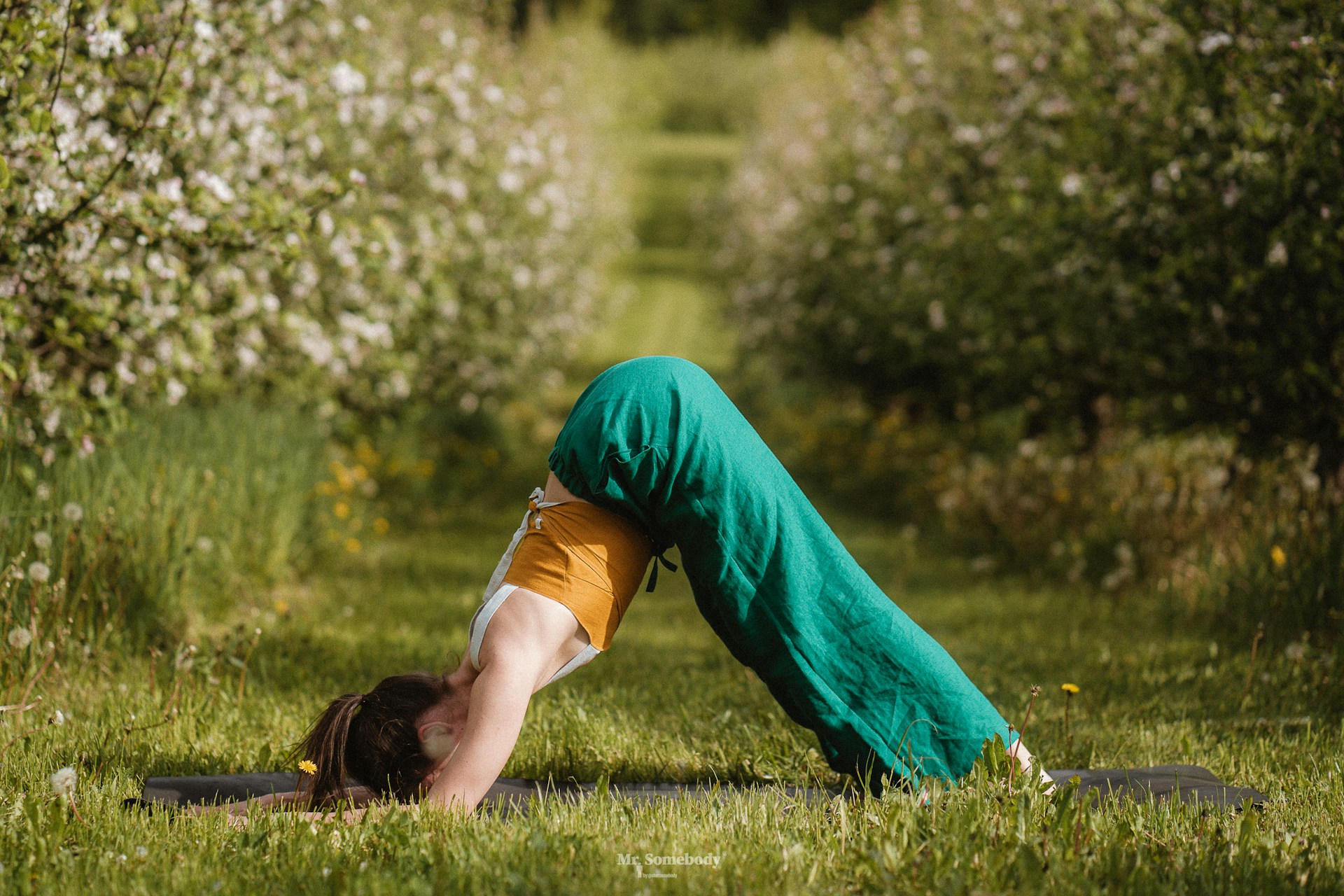Preventing childhood illness involves a combination of strategies and multi-faceted approach. Periodic check-ups with healthcare providers play a crucial role in beforehand detection and prevention of illnesses. Some of the practices to be followed that help to keep the children healthy.
- Vaccinations: Recommended vaccination schedule to be followed to protect against infectious diseases. Keep immunizations up to date. Make sure that none of the vaccinations are missed.
- Good hygienic practices: Teach children proper handwashing techniques. Washing with soap, rinsing with running water and thorough drying is the effective way of washing hands. It is the most effective way to prevent disease transmission. Washing the hands after using the bathroom, blowing nose, handling trash, touching animals and prior to touching food will help eliminate germs. Encourage children to cover their mouths when coughing or sneezing which is the most effective way to prevent the spread of colds, flu and viruses.
- Healthy Diet: Provide children with nutritious meals and snacks rich in fruits, vegetables, lean proteins and whole grains to support immune function.
- Regular Exercise: Encourage physical activity to promote overall health and strengthen the immune system in children. Outdoor games are also a good means of exercise with fun.
- Adequate Sleep: Sleep is crucial for good health. Ensure children get enough restorative sleep each night so that they wake up fresh and active.
- Avoiding exposure to toxins: Minimize exposure to environmental toxins such as tobacco smoke, lead and pollutants that can harm children's health.
- Regular Check-ups: Reserve routine visits with healthcare providers for vaccinations, screenings and early detection of any health issues in children.
- Healthy Environment: Maintain a clean and safe home environment. Keep surfaces in your house clean and dust free. De germing of the toys used by children regularly is also essential to keep infections away.
- Educational Programs: Educate children about the importance of hygiene, nutrition and preventive healthcare measures.
- Keep healthy yourself: Eat a balanced, healthy diet, get regular exercise and make sure you’re outside enough that you get plenty of fresh air. The healthier you are, the healthier your child is likely to be.
By implementing these strategies, parents can help reduce the risk of childhood illness and promote the health and development of children.


